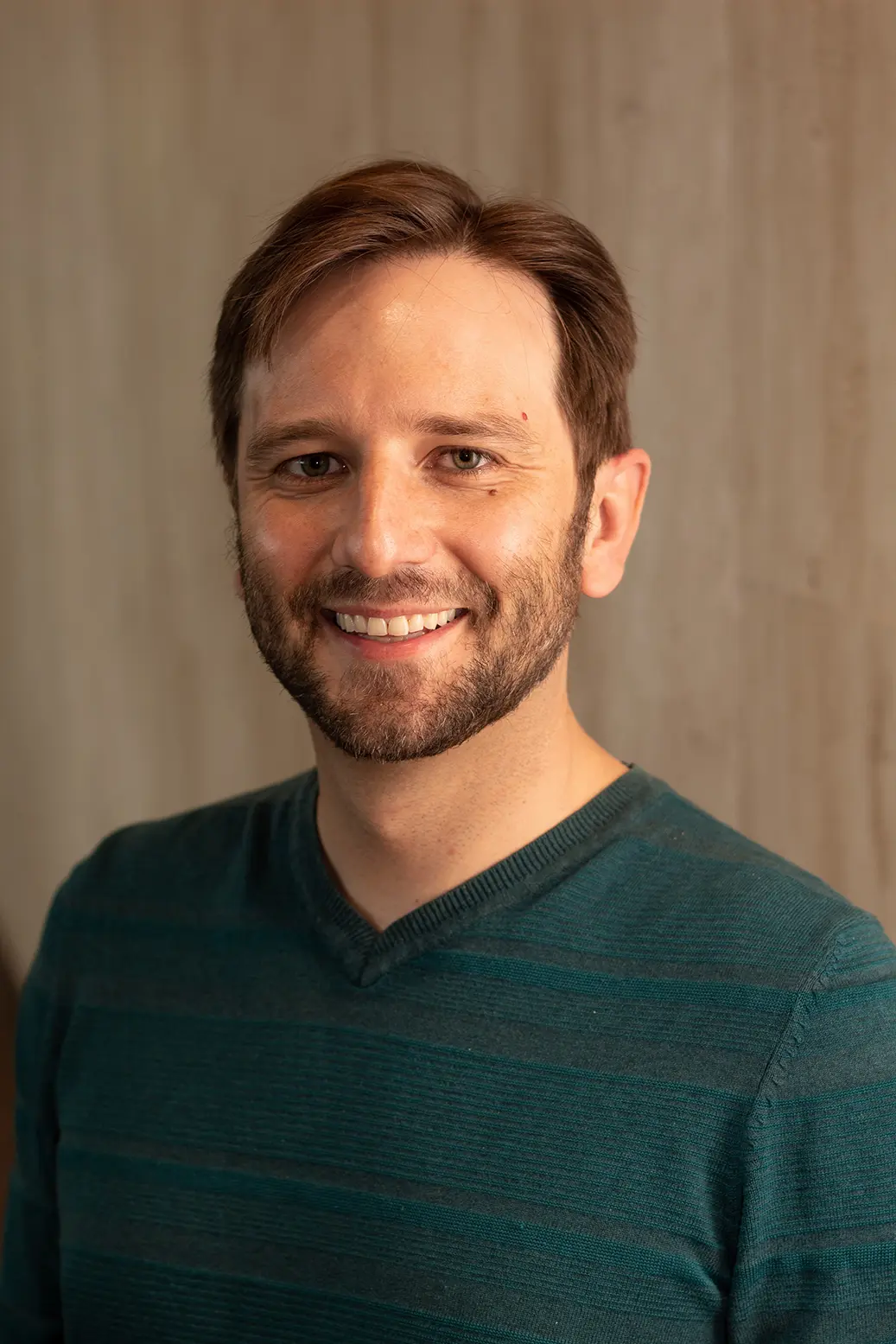Neuroscientist creates online game to analyze how we make decisions
Meet Warren Pettine

Games are useful tools for education, and Warren Woodrich Pettine is using games to collect data on how the brain makes decisions. With it, he hopes to improve how we come to conclusions. (Photo Credit: Warren Woodrich Pettine)
Asking big questions is a part of Warren Woodrich Pettine’s day-to-day research. He asks: how do we judge the quality of our decisions, and how can we improve those decisions? But Pettine hasn’t always been a student of science, technology, engineering and mathematics (STEM). He originally attended Colorado College for philosophy and wanted to be a journalist. While covering a tragedy as a news station production assistant, Pettine felt the urge to help those affected. That’s when he decided to go into medicine and discovered a passion for neuroscience. He earned his medical degree from the University of Colorado School of Medicine.
Pettine applied to the Office of the Director of National Intelligence’s (ODNI) Intelligence Community Postdoctoral Research Fellowship Program (IC Postdoc) because it was a good way to make a positive impact. The IC Postdoc Program offers scientists and engineers from a wide variety of disciplines unique opportunities to conduct research relevant to the Intelligence Community. He became a fellow under his mentor, John Murray, at Yale University.
His study led him to help code an online game, “Drone Recon.” Unlike a traditional video game, Pettine and Murray’s game assesses judgement calibration. Future versions will create useful ways to improve judgement of one’s decisions. The first goal of creating this online game was to design an easily accessible website where it would be hosted.
“Then, we used this as a foundation to develop an innovative judgement calibration assessment game,” said Pettine. “As a final project, we will present the stability of that assessment across retests. In my future work as faculty, I will adapt it for helping people improve their critical thinking.”
Pettine hopes that the game will not only gather data but also create a real impact on decision making. While there have been many studies on how the human brain makes decisions, this data traditionally does not translate to practical solutions for improvement. Pettine wants his game to be that practical solution. Additionally, he hopes his research will create a greater understanding of decision making in individuals with autism, attention deficit hyperactivity disorder (ADHD) and other psychiatric conditions.
“There is no single part of the brain that makes choices,” explained Pettine. “Different parts are responsible for different types of decisions. The Greek philosopher, Plato, once said that sometimes these brain areas conflict with each other. Plato got that part right.”
Pettine published a paper on his research in Nature Human Behavior and presented it at the International Society for Autism Research.
The IC Postdoc program has been “highly interesting and supportive,” noted Pettine. After his fellowship ends, he will be an assistant professor at the University of Utah. Until then, Pettine will continue asking questions about human decision making, collecting data and improving his research skills.
The Intelligence Community Postdoctoral Research Fellowship Program is funded by the Office of the Director of National Intelligence (ODNI) and managed by the Oak Ridge Institute for Science and Education (ORISE) under an agreement between the IC and the U.S. Department of Energy (DOE). ORISE is managed for DOE by ORAU.

